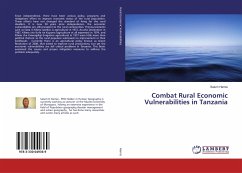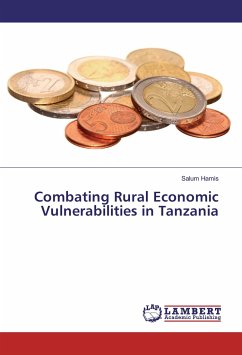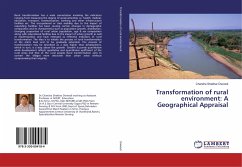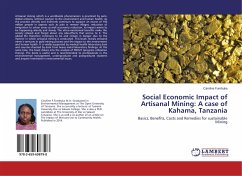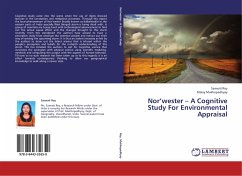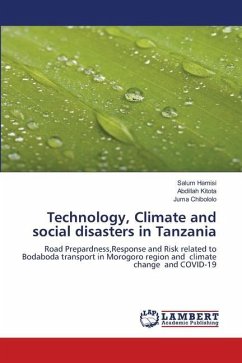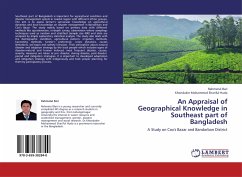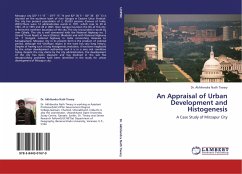Since independence, there have been various policy, programs and mitigations effort to improve economic status of the rural population. These efforts have not changed the standard of living for the rural dwellers. It is now 50 years since independence, the economic vulnerabilities are still prevalent to the rural communities. Pronouncements such as Siasa ni Kilimo (politics is agriculture) in 1972, Arusha Declaration in 1967, Kilimo cha Kufa na Kupona (agriculture at all expenses) in 1974, and Kilimo cha Umwagiliaji (irrigation agriculture) in 1977 were little more than political rhetoric as the rural populace witnessed no improvement in their livelihoods . Currently there is an agricultural policy known as Green Revolution of 2008, that aimed to improve rural productions, but yet the economic vulnerabilities are still critical problems in Tanzania. This Book examined the causes and proper mitigation measures to address the problem adequately.
Bitte wählen Sie Ihr Anliegen aus.
Rechnungen
Retourenschein anfordern
Bestellstatus
Storno

